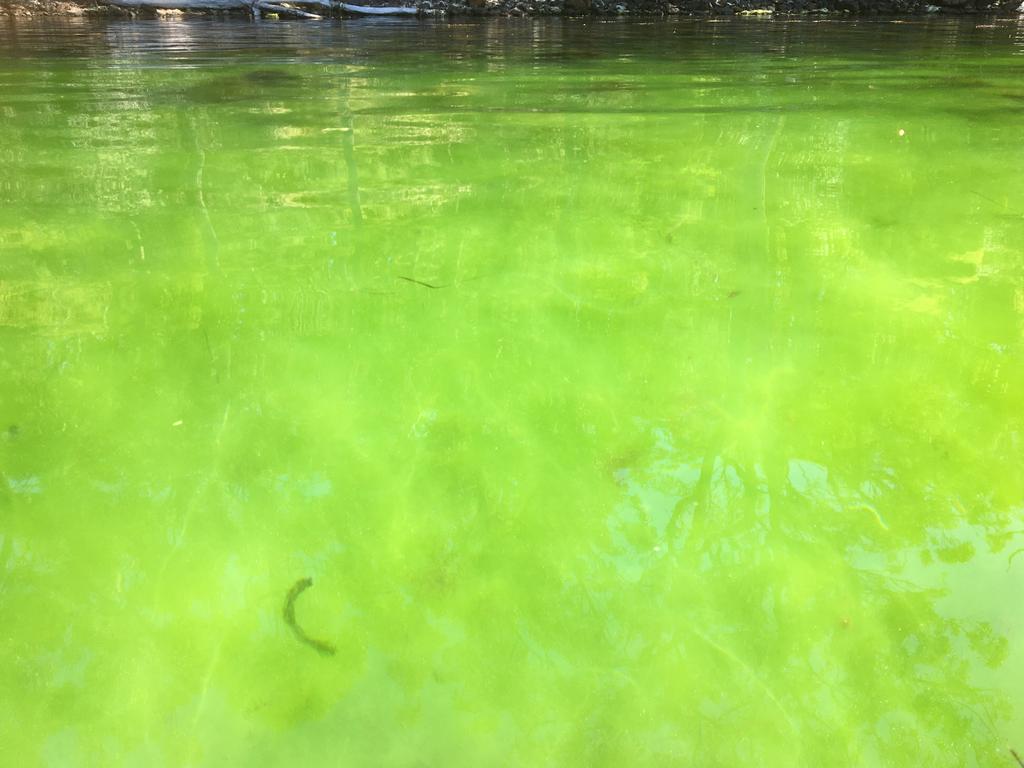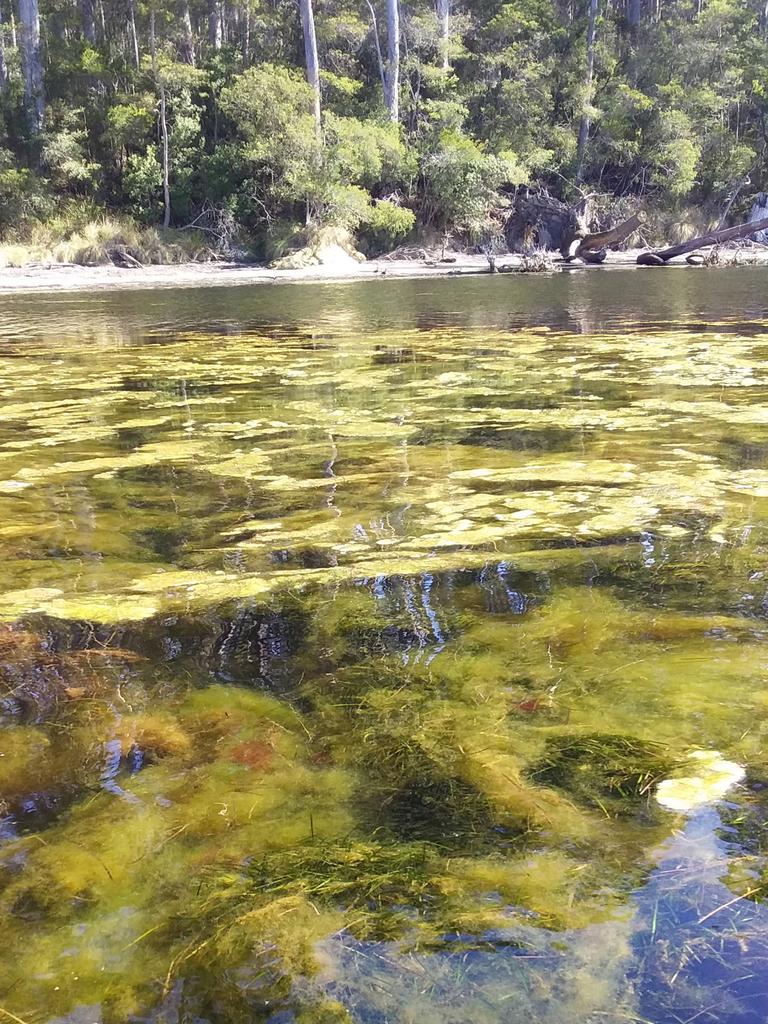Calls to end salmon farming at Long Bay amid water pollution and algal bloom fears
“The equivalent of sewage discharged by at least 25,000 people.” A group of scientists has called for salmon farms to be removed from Long Bay, near Port Arthur.

A group of scientists has called for salmon farms to be removed from Long Bay, near Port Arthur – claiming the shallow, sheltered area is being seriously damaged.
The Tasmanian Independent Science Council (TISC), which was formed in 2020 with a focus on environmental science, has produced a report on the health of the bay, which it says is being impacted by water pollution, algal blooms, and damage to nearby reef and seagrass habitats.
The TISC said salmon waste was responsible for more than 90 per cent of excess nutrients discharged into Long Bay, which it said was “the equivalent of sewage discharged by at least 25,000 people”.
But the salmon industry defended the Long Bay operations, and described the sewage claim as “pure sensationalism”.
The TISC said monitoring by the Environmental Protection Authority (EPA), the Institute for Marine and Antarctic Studies (IMAS), and independent consultants showed the environmental impacts of the lease extended beyond the 35 metre compliance zone.
It said with the Long Bay lease due to expire on November 30 this year, authorities should preclude a renewal of the existing licences.

“Long Bay has sensitive, sheltered and biodiverse waters that are simply not appropriate for salmon farming,” TISC water scientist Christine Coughanowr said.
TISC chair Jamie Kirkpatrick also called on the state government to ensure the new salmon farming environmental standards did not “further weaken the existing rules” by extending the impact boundary from 35 metres to 135 metres outside a lease.
Luke Martin, Salmon Tasmania CEO, said the industry worked closely with IMAS, the EPA, the CSIRO and the University of Tasmania to sustainably manage the waterways it operated in, including Long Bay.
“Salmon farmers take very seriously their responsibility to operate within their lease footprint, as do the environmental regulators,” he said.
“It is pure sensationalism and wrong to compare fish biomass to human sewerage”.
Meanwhile, industry heavyweight Petuna has announced it will soon begin community consultations ahead of changes to its lease at Storm Bay.
Storm Bay has in recent years become the subject of controversy, with salmon farming companies setting up large-scale operations, and plans to expand even further.
Petuna said its Storm Bay lease was approved in 2019, but needed to make changes to comply with Tasmania’s new biosecurity standards, which required a minimum distance of four kilometres between fish classes of different ages.
The reconfiguration will need to go through an application and approval process.
Acting managing director Gary Neill said the proposed changes – which would divide the existing lease into two sites – would not incorporate any more nitrogen, or take up any more space, than was originally approved.





